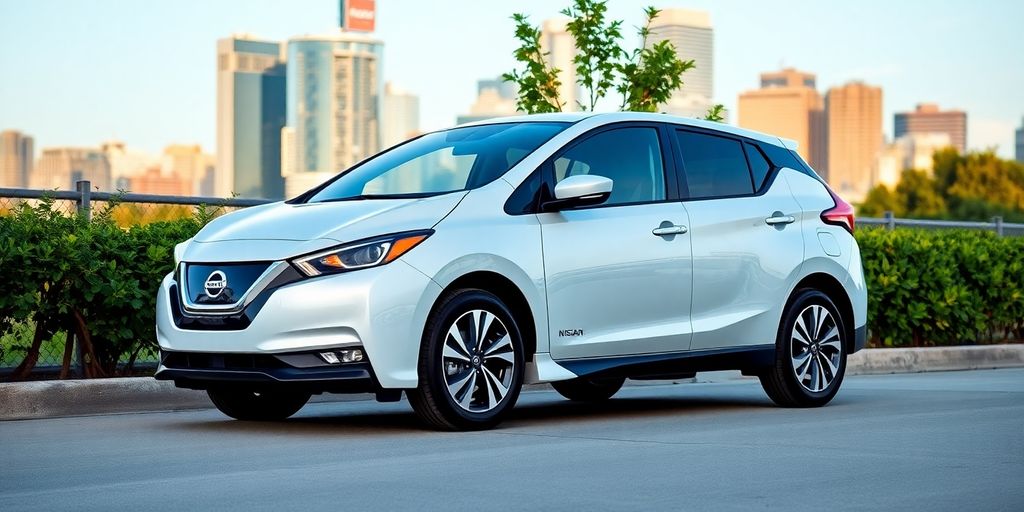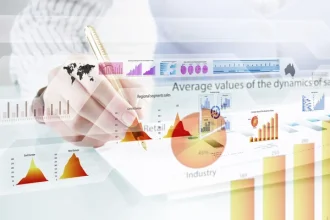Nissan, the Japanese automaker facing significant financial challenges, is pivoting towards its innovative hybrid technology, e-Power, in hopes of revitalizing its market presence. With a staggering $4.5 billion loss reported for the last fiscal year, the company is under pressure to deliver a successful product, particularly in the competitive North American market.
Key Takeaways
- Nissan is focusing on its e-Power hybrid technology to drive recovery.
- The company has announced a significant workforce reduction of 15%.
- e-Power technology allows vehicles to run solely on electric power without the need for charging.
- Nissan is also enhancing its electric vehicle lineup and developing solid-state batteries.
Nissan’s e-Power Technology
Nissan’s e-Power system is a unique hybrid solution that combines an electric motor with a gasoline engine. Unlike traditional hybrids, e-Power vehicles operate solely on electric power, providing a quiet and smooth driving experience. This technology eliminates the need for drivers to charge their vehicles, as they can simply refuel at gas stations.
The e-Power system is already available in models like the Nissan Qashqai and X-Trail in Europe, and the Note in Japan. The upcoming Rogue model in the U.S. will feature an upgraded version of this technology, aiming to attract consumers looking for efficient and convenient driving options.
Financial Challenges and Strategic Changes
Nissan’s financial woes have prompted drastic measures. The company has announced plans to cut approximately 20,000 jobs, representing 15% of its global workforce, and reduce its manufacturing plants from 17 to 10. This restructuring is part of a broader recovery strategy led by new CEO Ivan Espinosa.
The automaker’s struggles are compounded by external factors, including tariffs imposed by the U.S. government, which have created additional hurdles for Japanese manufacturers in the North American market. Analysts suggest that Nissan must find a strategic partner to stabilize its finances and ensure long-term viability.
Future Prospects
In addition to the e-Power initiative, Nissan is also working on enhancing its electric vehicle offerings. The company is developing solid-state batteries, which are expected to replace the current lithium-ion technology used in hybrids and electric vehicles. This advancement could position Nissan as a leader in the EV market, especially as consumer demand for sustainable transportation continues to grow.
Despite the challenges, Nissan remains committed to innovation and recovery. The company’s history of pioneering technology, such as the Leaf electric vehicle launched in 2010, provides a foundation for its future endeavors. However, the road ahead will require careful navigation of market dynamics and consumer preferences.
Conclusion
Nissan’s bet on hybrid technology through its e-Power system represents a critical step in its recovery strategy. As the company seeks to regain its footing in the automotive industry, the success of this initiative will be pivotal in determining its future in a rapidly evolving market.
Sources
- Japan’s troubled automaker Nissan banks on hybrid EV technology, ABC News.
- Japan’s troubled automaker Nissan banks on hybrid EV technology, AP News.

Founder Dinis Guarda
IntelligentHQ Your New Business Network.
IntelligentHQ is a Business network and an expert source for finance, capital markets and intelligence for thousands of global business professionals, startups, and companies.
We exist at the point of intersection between technology, social media, finance and innovation.
IntelligentHQ leverages innovation and scale of social digital technology, analytics, news, and distribution to create an unparalleled, full digital medium and social business networks spectrum.
IntelligentHQ is working hard, to become a trusted, and indispensable source of business news and analytics, within financial services and its associated supply chains and ecosystems











